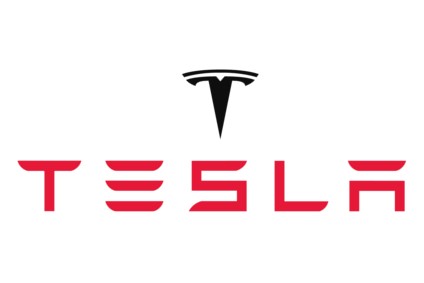
According to a forecast released by Cox Automotive, auto sales volume in January is expected to increase slightly – less than 1% – from January 2018.
The sales pace, however, is expected to fall modestly to 17m units, a decrease from December’s strong 17.7m level. Although the number of selling days is unchanged from last January at 25, adjustment factors cause the calculated sales pace to decline.
“The January sales pace is expected to decline as shoppers pull back from the market and the holiday buying spree,” said Charlie Chesbrough, senior economist at Cox Automotive.
“We normally see a drop off in January sales versus December and that will be the story this year as well. The government shutdown that dominated the news and a few negative economic indicators likely drove consumers to be more conservative as uncertainty increases. The record-setting cold forecast for this final week of the month won’t help either.”
In Washington DC and surrounding markets, credit applications for car purchases were down slightly in the first 21 days of January compared to 2018. The Washington DC designated market area (DMA), with the nation’s highest percentage of government workers, is the 11th largest vehicle market in the country.
Additionally, recent data points – weakness in the housing sector and a significant decline in January’s consumer sentiment – all suggest an economic environment where demand for expensive, durable goods like automobiles is likely to moderate. Volatility on Wall Street and the resulting declines in stock values have also likely impacted wealthier Americans – the new vehicle buyer demographic.
How well do you really know your competitors?
Access the most comprehensive Company Profiles on the market, powered by GlobalData. Save hours of research. Gain competitive edge.

Thank you!
Your download email will arrive shortly
Not ready to buy yet? Download a free sample
We are confident about the unique quality of our Company Profiles. However, we want you to make the most beneficial decision for your business, so we offer a free sample that you can download by submitting the below form
By GlobalDataJanuary is traditionally one of the weakest months for auto sales. The hectic end of year market activity that occurs in December slows dramatically at the start of each year. The record for January occurred in 2000 when vehicle sales reached 1.2m for the month, and a SAAR of 18.1m. Reaching a new record this year will be difficult, particularly since the vehicle market is still transitioning away from car segments and those volumes continue to decline. The market for cars in 2000 was 51%; it is now forecast to be 30%.
Key highlights
In January, new light vehicle sales, including fleet, are expected to reach nearly 1.155m units, up nearly 2,000 units, or 0.2%, from January 2018. However, sales will be down dramatically from December – nearly 480,000 units or 29%.
- The seasonally adjusted annual rate (SAAR) in January 2019 is estimated to be 17m, down from last month’s 17.7m level, and down from last year’s 17.1m pace.
- The record January SAAR occurred in 2000 when the pace reached 18.1m, and the record volume was achieved as well, reaching 1.2m.
- Strength in Jeep brand should help lift Fiat Chrysler to a strong showing while weakness in car segments is likely to negatively impact Ford, Honda, Nissan and Toyota.
Most car segments should continue to see significant declines from last year as consumers continue to shift towards CUVs. Pickup trucks are forecast to perform well, with the new Ford Ranger on sale, new full size models from GM and Ram selling well, and discounting of the previous versions lifting sales. However, weakness in home construction, coupled with high transaction prices, are likely to weigh down sales.
Market effects of car share and Tesla
One major unknown in 2019 is whether car segments’ share of the market will continue to decline. Recent monthly data shows passenger car sales continue to decline at double digit rates, dragging down the market’s overall pace. Car share has likely not hit bottom. Car share averaged nearly 47% in 2014, fell to 36% in 2017, and averaged just 31% in 2018. In fact, the top six all-time lowest car share months have all occurred since July 2018.
A key question for market measurement in 2019 is the role Tesla is playing now that the company is producing significant volume each month. Tesla sales, many of which could be considered ‘order fulfillment’, will likely average 25,000 units each month or better through 2019.
However, many were ordered months or years ago and are just now being delivered to customers as Model 3 production ramps up. So, is this extra volume actual demand in the month of January, or simply orders that were filled in January? This question becomes important as the additional Tesla volume alone will lift the SAAR by 0.2 or 0.3 points in January and each month this year.







